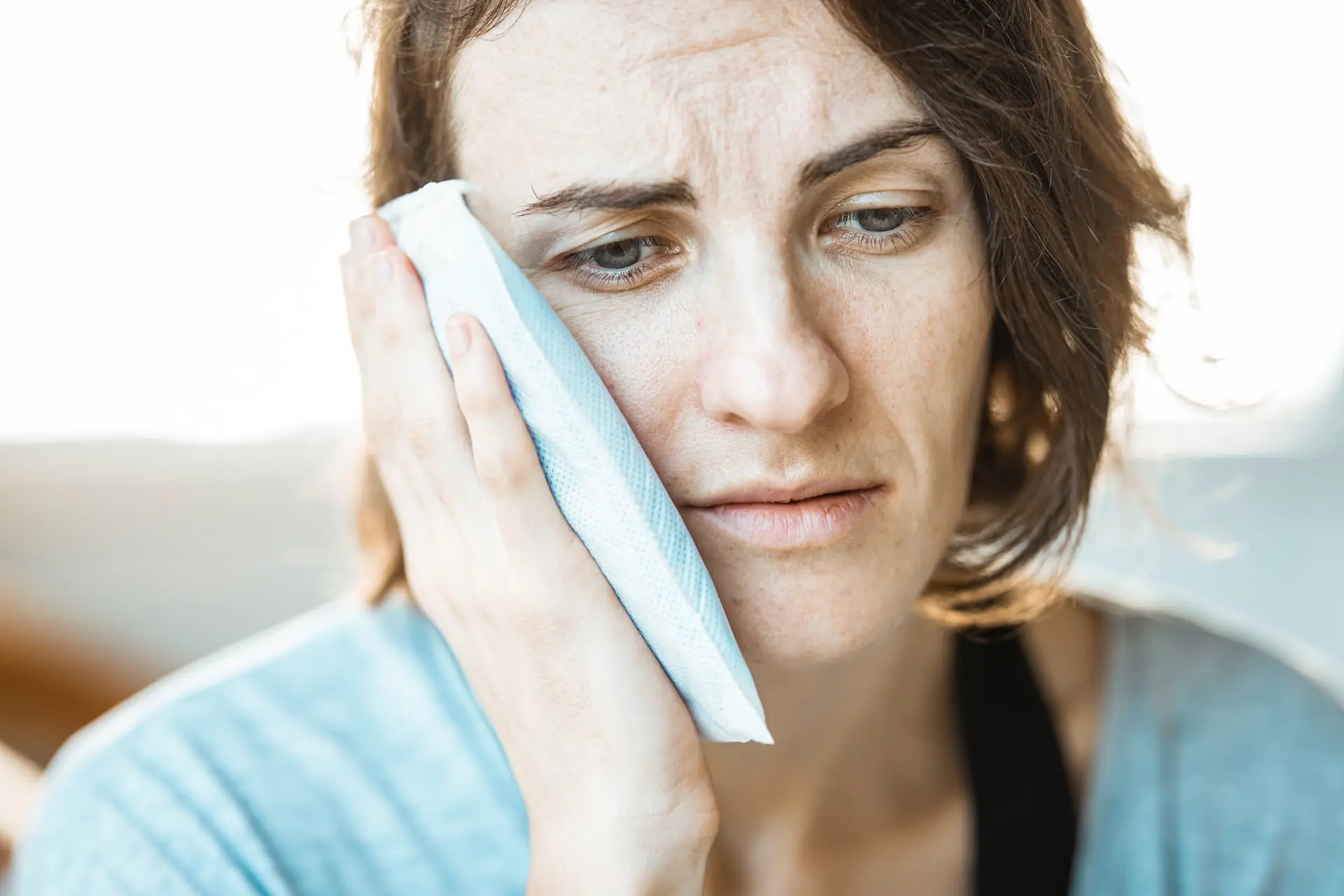- Know Everything About Nipah Virus, Which Is Back In Kerala Again
- Kevin Porter Jr Arrested On His Girlfriend’s Assault Charge
- Market Change Overnight - Know The 8 Things That Did It
- Who Are Alba Baptista And Chris Evans Married On The Weekend?
- Disrupted India vs Pakistan Asia Cup 2023 Match on Reserve Day
- 10 Common Foods That Contain No Calories or Are Very Low in Calories
- Men’s Styling Tips - Know the 9 Common Style Mistakes to Avoid
- Coco Gauff Beats Karoline Muchova and Reaches the US Open Final
- Danny Masterson Gets Life Sentence of 30 Years for Two Rapes
- Experience A Splendid Vacation in Kashmir with These 15 Gorgeous Sights
- India
- Wednesday , May 08, 2024
- Last Published Sep 12, 2023, 6:48:32 PM

Three Must-Know Facts about Periods after Childbirth
Indeed childbirth brings in lovely joy and adds up a new sweet member in your life. However, it is essential to understand that your body also needs as much care as the newborn does! The body undergoes several changes during pregnancy, and even your menstrual cycle doesn't remain untouched by such transformation. During the nine months of pregnancy, the female body doesn't menstruate under the influence of several hormones like progesterone. And when you meet your old friend after such a long gap, it doesn't remain the same. Here are the three must-know facts for you to know about your periods after pregnancy.
1. The Initial Bleeding – Lochia
Right after delivery, the females face a relatively heavy vaginal discharge of blood. However, you must not confuse it with your periods! This vaginal or c-section discharge is called lochia. It is the blood and tissues on the inner walls of the uterus that starts to shed in the form of bleeding after the baby's birth. After supporting and nourishing your baby for nine months, the tissues break off from the inner lining of the uterus and are discharged through the vagina. This 4-6 weeks discharge is bright red and is highly viscous after 3-5 days of delivery. As time passes by, the colour gets fainter, and so does the viscosity. It is always better to use hygienic maternity pads instead of usual sanitary napkins during such discharge. Moreover, you should strictly avoid using tampons for 4 to 6 weeks after delivery.2. Relation Between Breastfeeding And Postpartum Periods
After pregnancy, there is a heavy upsurge of a hormone called "prolactin", which helps the mother breastfeed the child. It is under the influence of this hormone that your periods stop for some time after delivery. So do you also wonder about your first period after delivery? It isn't easy to determine the exact time, but it depends on whether you bottle-feed or breastfeed your child. According to the research conducted by National Health Service in the united kingdom, if women combine both the mediums of feeding, breastfeeding and bottle-feeding, then there are chances of getting the first period after pregnancy after 5-6 weeks at an average. However, if the mother is extensively involved in opting for breastfeeding only for starting six months after childbirth, it is usually customary to get the periods a little late. After six months, when you reduce the breastfeeding, your reproductive hormones get back to their monthly cycle, and prolactin secretion decreases, eventually causing the first postpartum period.3. The Initial Postpartum Periods
Once your periods start after six months of delivery, you may notice some changes in your cycle. There are some evident differences between regular and postpartum periods because of the hormonal change that your body has gone through! According to National Health Service, any of the symptoms mentioned are likely to appear, and it's expected to experience any or all of the following:- Irregularity in periods during partial breastfeeding.
- Heavier periods
- Blood clots in menstrual discharge
Disclaimer - The texts with tips or advice mentioned here are only for generic information, but not for a substitute of medical advice. Before applying any advice or tips, you should consult a respective doctor or expert. ATT is not responsible if you have any bad impacts on your health.












